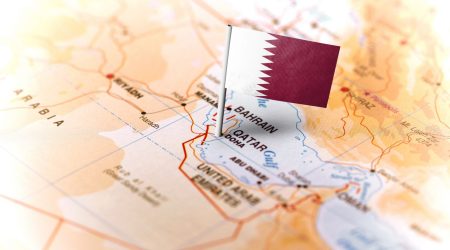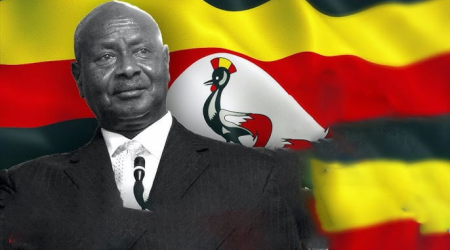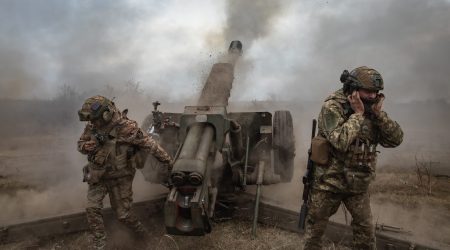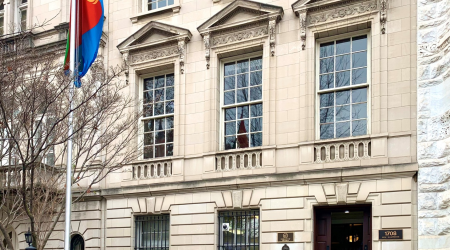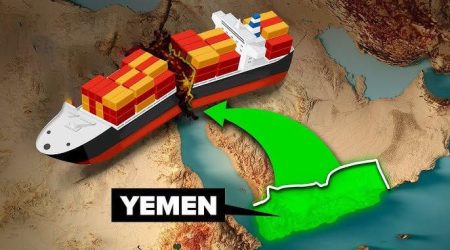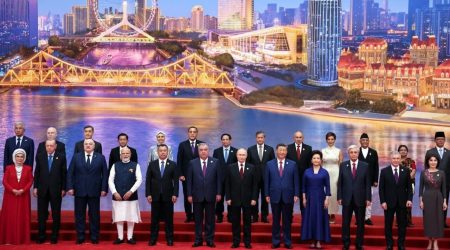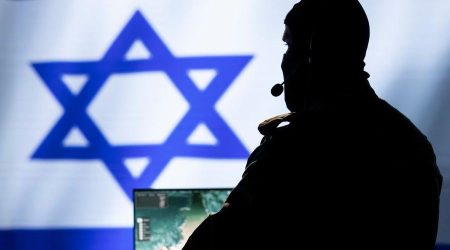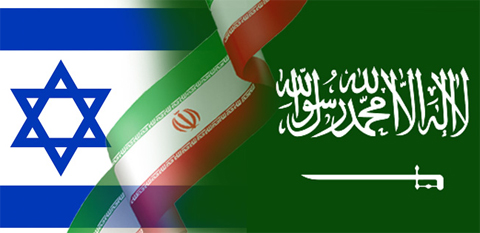
7
Jul
Saudi Arabia’s Strategic Neutrality: Peacemaker or Power Player in the Iran-Israel War?
As of 2025 conflict between Iran and Israel looms, and the Middle East is on the brink of catastrophe. Amid missiles crossing boards and proxy militias assembling, one country has chosen strategic silence: Saudi Arabia. By adopting an “active neutrality” posture, Riyadh is able to effectively use chaos to secure its long-term national interest while ignoring direct entanglement.
Since the outbreak of the conflict, Saudi Arabia has meticulously crafted its rhetoric. Although the kingdom denounces violence in general terms, it deliberately refrains from attributing explicit culpability to any particular party. Public appeals for de-escalation come with a commitment to mediate, which includes powers such as China and the EU in peace talks.
Saudi foreign minister Faisal Bin Farhan declared that the kingdom seeks “to prevent further bloodshed and facilitate dialogue” (Aljazeera, 2025). However, beneath this diplomatic charade lies a calculated decision. Riyadh has reportedly rebuffed U.S. requests for access to military bases designated for operations against Iran (Reuters, 2025), while simultaneously restricting its airspace to Iranian military aircraft. Saudi Arabia’s neutrality is not unconditional, rather it functions as a strategic maneuver for leverage and control.
This neutrality is motivated by one primary objective: Self-preservation. Vision 2030 plays a key role in Saudi Arabia’s geopolitical approach which aims to shift the economy away from oil dependency. The kingdom has invested billions of dollars in initiatives like NEOM and tourism destinations along the Red Sea. Undertaking a direct military engagement against Iran could jeopardize these plans.
Saudi infrastructure is seriously threatened by Iran’s missile capabilities, and a single strike could potentially derail years of advancement. Additionally, openly aligning with Israel entails risks. The Arab public remains pro-Palestinian even as normalization talks resumed in 2023 with U.S. interventions. Supporting Israel during active conflict could undermine Saudi Arabia’s credibility in the Islamic world and might potentially incite domestic unrest. Riyadh benefits economically from remaining neutral; increasing oil prices have surpassed $105 per barrel, bringing the kingdom an estimated $ 13 billion in more revenue since April (Bloomberg, May 28, 2025).
Saudi Arabia is now a geopolitical mediator due to its neutral position. Riyadh enhances its importance among key players by projecting objectively, China sees Saudi Arabia as a stabilizing force for a trade route while the United States depends on its energy influence. Saudi diplomacy efforts in the region have received cautious support from the EU. This strategy enables Saudi Arabia to extract favorable terms from all parties. Although Riyadh maintains a strained relationship with Israel, both share a common adversary in Iran and work covertly on intelligence concerns. However, Saudi Arabia has refrained from scrutiny and regional repercussions. An open endorsement of Israel would jeopardize its standing in the Muslim world and allow Iran to galvanize opposition.
Saudi Arabia’s strategic neutrality in the Iran-Israel conflict preserves its financial resources and lifts its reputation as a diplomatic mediator, but is also a part of the shifting security structure in the Horn of Africa with deep historical traces. Intending to secure a maritime buffer zone, Iran has expanded its influence along the Red Sea through renewed ties with Eritrea and UN official contracts in Somaliland, while Riyadh remains away from the battlefield.
Simultaneously, Israel has stepped up strategic cooperation with Ethiopia and Somaliland, bringing back a pattern that started in the 1960s, when it formed the “periphery doctrine” to protect itself from Hostile Arab neighbors by working with non-Arab countries like Ethiopia, Iran (pre-1979), and Turkey (Peretz, 1968: Shlaim, 2000).
Today the horn runs the risk of becoming a new stage for these kinds of alignments. Ethiopia used to be a counterbalance to Arab power in the Red Sea, but now it is once again caught up in the rivalry between great powers, currently between Iran and Israel, with Saudi Arabia strategically silent. The Red Sea, which has long been a geopolitical corridor fought over by regional and global players, is recurrently under stress. Gebrewold (2007) asserted that the region has consistently functioned as a pullover zone for conflicts originating from the Middle East, attributable to its fragile institutional capacity and significant geostrategic importance.
The International Crisis Group (ICG) has warned that the Red Sea corridor could quickly become a high-risk area (ICR June 7, 2025). The current conflict is similar to what happened during the Cold War, but this time Saudi Arabia is making money off of high oil prices and using diplomatic leverage while avoiding responsibility for the spillover effects in the region. This strategic action puts frontline states like Ethiopia in a precarious situation, where they have to navigate escalating tensions without the safety net of neutrality that Saudi Arabia enjoys.
Saudi Arabia has made significant investments in security and infrastructure along the Red Sea, aiming to control vital trade routes. Rising Iranian naval activities on proxy disruption pose a threat to these interests. Destabilizing Horn would not only accelerate refuge flows but would also heighten piracy risks, and opportunities for terrorist networks. How Riyadh navigates this emerging challenge will be vital to maintaining its impartial stance. However, this balancing act might not be sustainable in the long term. Riyadh may need to reevaluate its neutrality If the conflict intensifies and endangers Saudi assets or requires a firm position from its alliance.
While an Iranian proxy attack on Saudi infrastructure would probably result in retaliation, an increased attack on Israel might pressure the U.S. to seek logistical aid from Saudi Arabia. In such an instance, maintaining neutrality could become impossible potentially exposing Saudi Arabia’s secret cooperation with Israel.
For the time being, Saudi Arabia is expected to uphold its public stance for neutrality while deepening behind-the-scenes cooperation with Washington and, to a lesser extent Tel Aviv. Saudi Arabia can capitalize on regional turmoil through this policy which minimizes political risks while maximizing strategic gains without engaging in overt hostilities. Ultimately Saudi Arabia’s response to the conflict between Israel and Iran demonstrates the complexities of its neutrality. Although it portrays itself as a mediator, its deeds reveal a more profound reality.
Neutrality frequently revolves around power and control rather than peace in the context of Middle Eastern geopolitics. The kingdom’s decision to remain neutral is a strategic gamble aimed at underpinning its role as a regional power broker. Saudi Arabia’s challenges as the crisis progresses will be to preserve its reputation as a neutral party while demonstrating its authority in volatile areas.
By Bezawit Eshetu,Researcher,Horn Review
References
- Shlaim, A. (2000). The iron wall: Israel and the Arab world. W.W. Norton and company
- Gebrewold, B. (2007). Africa and fortress Europe: threats and opportunities. Ashgate
- International Crisis Group (ICG), June 7, 2025
- France 24, 2025- for current Gulf-Iran-Israel mediation context
- Al Jazeera. “Saudi calls for dialogue Amid Escalating Iran-Israel War.” May 23, 2025
- Reuters. “Saudi Arabia Rejects U.S. Base Access Amid Iran-Israel Conflict” June 3, 2025
- The Guardian. “Riyadh shuts Airspace to Iran: A shift in Neutrality?” May 29, 2025
- Bloomberg. “Oil prices soar as Iran-Israel War Rattles Market. “May 28, 20251
- International Crisis Group. “The Red Sea Flashpoint: Iran-Israel Tensions and the Horn of Africa. “June 7, 2025

